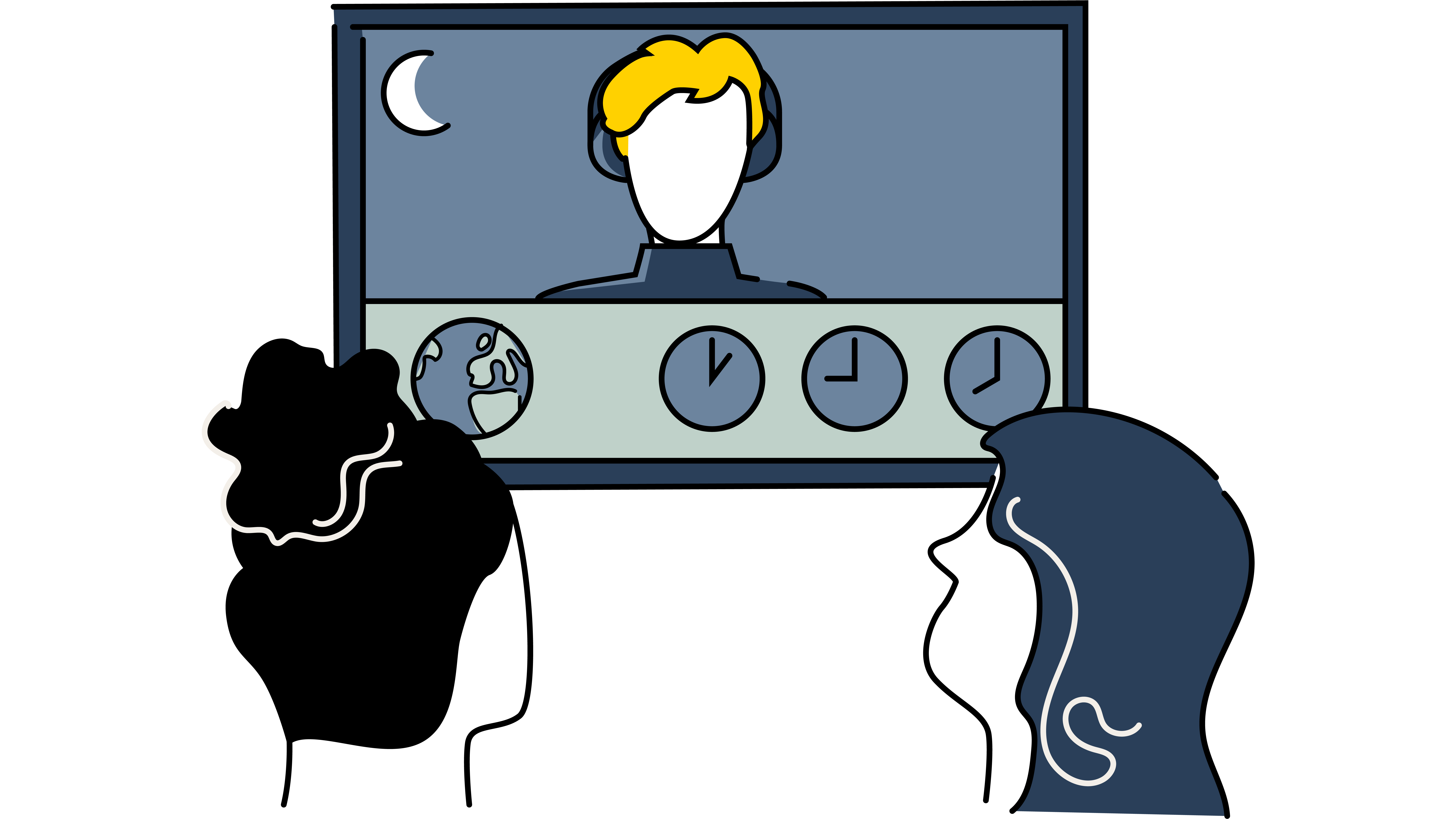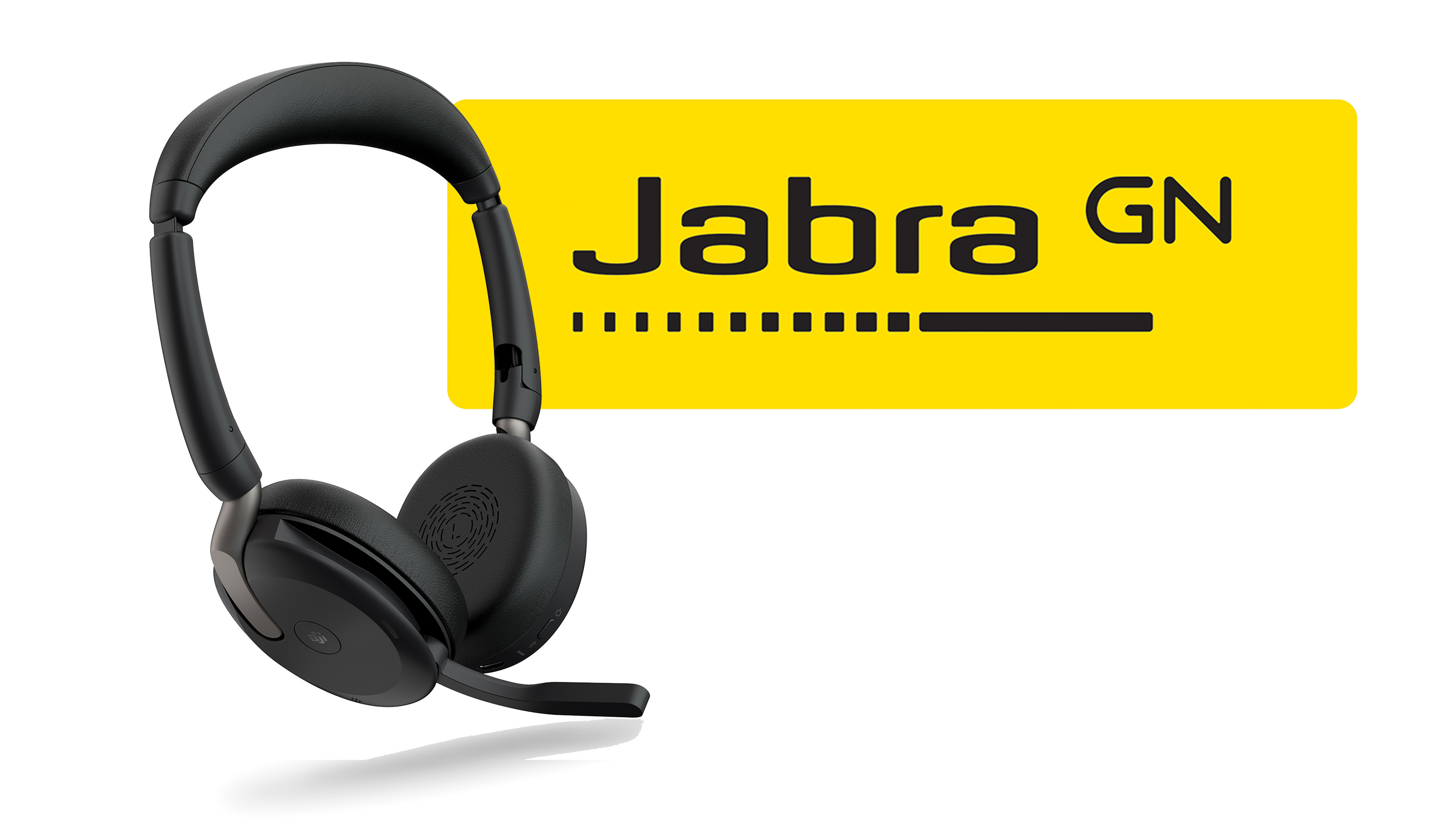
(This report was provided by Jabra)
Jabra has conducted new research, ‘Meeting great expectations: Behavior, Emotion and Trust,’ at the LSE Behavioural Lab to understand the behavioral dynamics of meetings and the impact of technology. The research found that meeting members were more engaged (56%) during face-to-face collaboration, and in instances where hybrid meetings are required, meeting room participants saw an 84% increase in engagement from remote participants when using an optimized professional meeting-room headset and video camera.
From mid-2021 to mid-2023, a heated office return debate unfolded. Employees, valuing autonomy and remote work, often resisted mandates, while leaders pursued office-driven productivity. However, with so many still working globally, is it not possible to have solely in-person meetings any longer. Since it is no longer possible for organizations to deny hybrid working in this day and age, the challenge to solve is how employers can use collaboration technology to facilitate the same feeling of trust.
Top-quality Technology Leads to Increased Trust
Trust is typically more difficult to establish remotely than it is in person. In meetings, technology affects how much we trust other participants. All meeting participants reported much greater levels of overall trust and clarity when utilizing and experiencing professional technology. There was a 27% increase in technology clarity, leading to 16% more trust, 35% greater expressiveness, and a 47% perceived improvement in the quality of input.
Additionally, remote users collaborating with other remote participants who also used professional video led to noticeably better trust ratings (22%) than those using the built-in audio and video on their laptops. This demonstrates that not only do collaboration tools such as video enhance participants’ collaboration experience substantially, but also that psychological and behavioral changes are inextricably linked to technology. Organizations must therefore recognize how vital professional technology is for enhancing employee engagement and productivity in hybrid meetings.
“It’s no secret that in-person meetings are best but being able to partner with world-leading university LSE to prove this has been incredibly special," said Holger Reisinger, SVP at Jabra. "It is our responsibility to drive meaningful human interaction in meetings, at a level that is comparable to face-to-face communication during hybrid meetings – and high quality, professional technology is an essential investment for unlocking true collaboration in this way.”
Culture Impacts Equal participation More Than Technology
While we can establish a clear connection between trust and technology in meetings, the study also found clear cultural differences that impact meetings independent of technology. A basic binary division was revealed between knowledge workers in Europe and knowledge workers in Asia when it came to participation.
There were statistically significant variations in share of voice; those in Europe engage in significantly more verbal dialogue than peers in Asia, regardless of whether they were collaborating remotely or from a meeting room. They offered around 1.6 times or 39% more verbal engagement across all experimental settings.
However, when analyzing data on face emotion recognition, the attention variable revealed a distinct difference between participants from Europe and those from other continents. Compared to their European counterparts, those in Asia had 134% higher levels of attention in meetings. Meeting equity is increasingly important to the professional development of employees, and this finding proves that diversity plays a huge part in such meeting inclusion. Professional technology can facilitate optimal environments for productivity, but a holistic approach through creating diverse and behaviorally inclusive teams is critical to achieving truly effective collaboration in the future of hybrid meetings.
“We believe the findings in this report will be helpful in driving awareness between the interconnected relationships of trust, diversity, and technology in meetings and to level the playing field for employees over time," said Sean Rooney, scientific officer and head of laboratory innovation LSE Behavioral Lab. "Leaders need to understand how important meeting equity is for employee development and satisfaction.”









